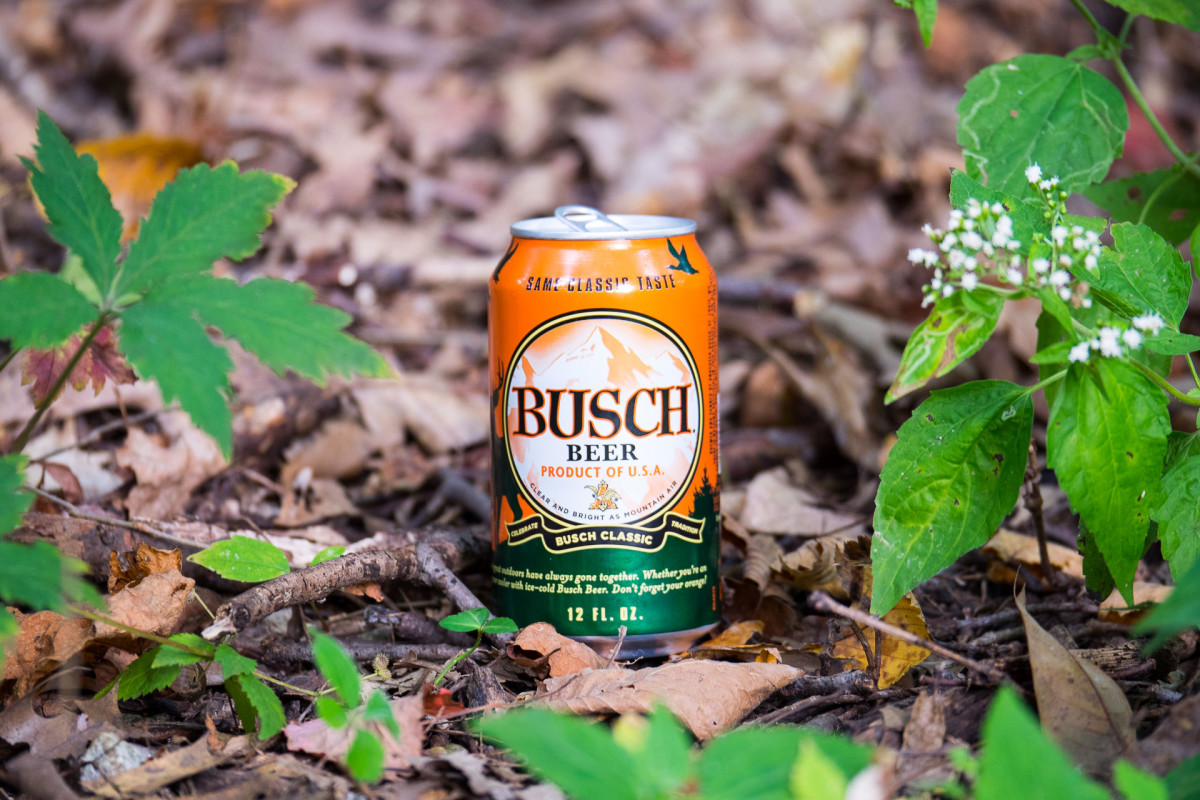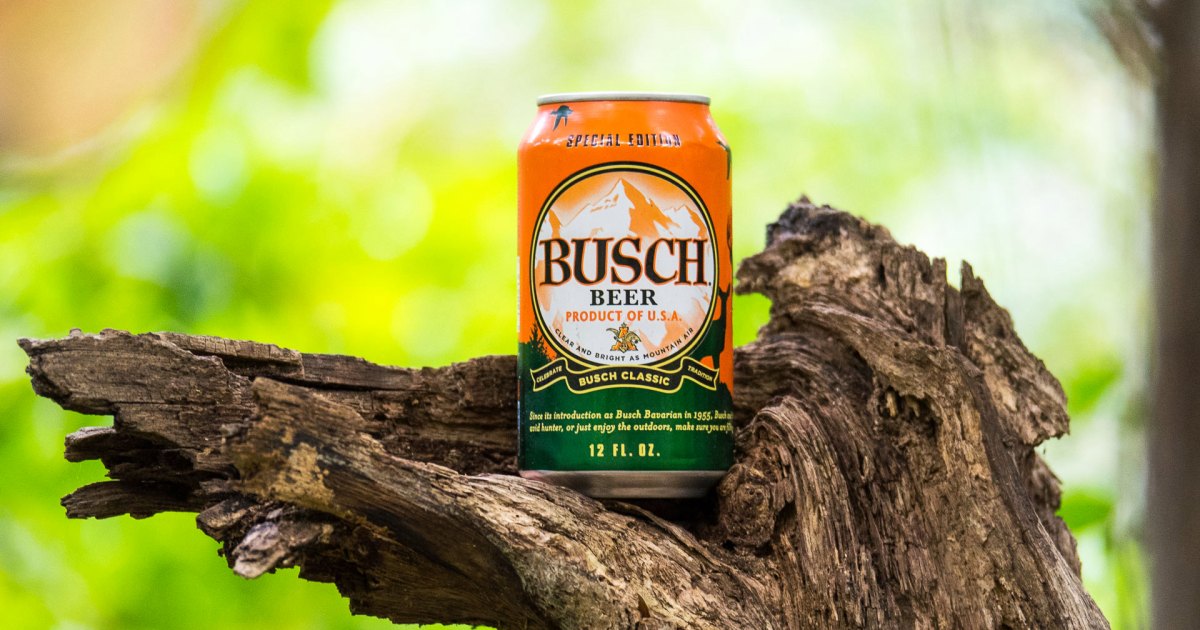No products in the cart.
Fitness Tips
Why Busch Is the Easy-Drinking Beer of the Outdoors
Tastes change with time. Long ago, warm brew was the norm. Men preferred beaver felt hats. And naming a baseball stadium after a beer was considered taboo—at least according to Major League Baseball in the mid-20th century.
Like a lot of outdoor heroes, Busch beer has the type of origin story that deserves being told around a campfire. The year was 1953. Dwight Eisenhower was the new guy in the White House, and the Cold War had been festering for six years.
Over in St. Louis, August Anheuser “Gussie” Busch was the president and CEO of the Anheuser-Busch Brewing Company. When A-B purchased the St. Louis Cardinals, the brewery became a part of America’s favorite outdoor pastime. For marketing purposes, Gussie wanted to rename Sportsman’s Park after the company’s flagship brew: Budweiser Stadium. But the choice was rejected by the MLB commissioner who had reservations about naming a baseball stadium after a brand of beer. So, Gussie named Busch Stadium after himself.
With the stadium coined, Gussie continued his dominion, bestowing the last name upon his brewery’s newest beer: Busch Bavarian. Following its 1955 launch, A-B carried the German demonym for 24 years, finally dropping it in 1979—Gussie getting the last laugh with his namesake Busch Beer.
In the decades since, Busch has kept expanding beyond the ballpark and increasingly been associated with more and more outdoor pastimes. Most iterations of the label have featured snow-capped mountains, and a series of promotional campaigns revolve around causes intended to appeal to outdoor enthusiasts.

Busch is a sponsor of Ducks Unlimited, a private waterfowl and wetlands conservation and hunting organization. Busch has organized elaborate fundraiser campaigns for the National Forest Foundation, the official nonprofit partner of the U.S. Forest Service. Recently, Busch offered a rebate program based upon how many inches of snow fell in your home state over the winter. And, sometimes, Busch just pays random farmers to advertise on their barns.
An American-style light lager, Busch is made with a proprietary blend of barley, rice, and hops. In what was probably just an oversight, Busch’s recipe was not among those trade secrets allegedly stolen in 2019. Another secret to Busch’s success? Its easy drinkability, with the flavor commonly described as mildly malted barley with a hint of hops.
Compared with other macrobrews, Busch has particularly slim stats: 4.3 percent alcohol by volume and 114 calories. Meanwhile, Budweiser has 5 percent ABV and 145 calories. Certainly, Busch’s extra-light credentials make it an ideal beer for active outdoor enthusiasts, and especially those who exert themselves at high elevation.
Throughout its existence, Busch Beer has had A LOT of slogans. And many of these slogans make claims about what the beer supposedly tastes like. (For whatever reason, the comparisons are often more about the outdoors than the taste.)
In the early years, the brewery said Busch is “Clear and Bright as Mountain Air.” Then, in 2006, when the beer was first released in camouflaged cans, it was “Cold as a Mountain Stream.” And these days, it’s called “The Sound of Refreshment.” A sound, perhaps, which can fill the biggest of mountain meadows: “Booooooosh.”
Whatever Busch tastes like, one thing is clear: Busch is the easy-drinking beer of the great outdoors.
For access to exclusive gear videos, celebrity interviews, and more, subscribe on YouTube!
Source link

